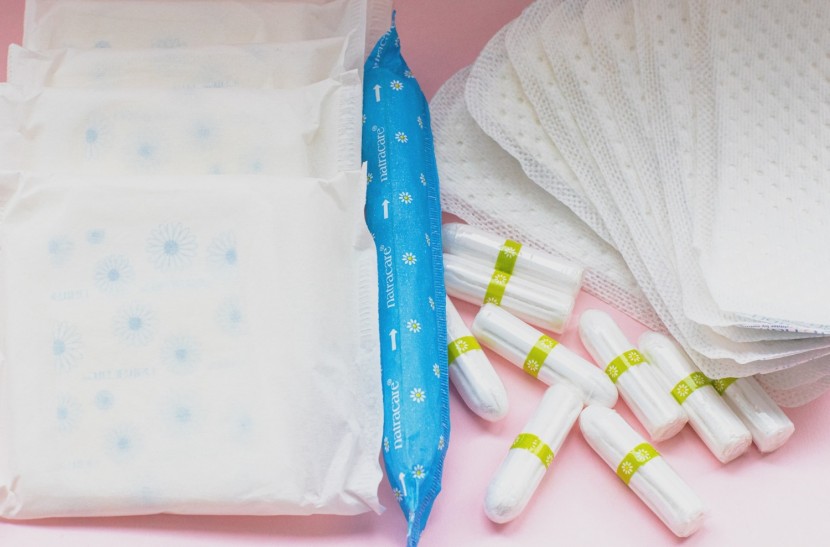Emerson College will start providing menstrual products in all bathrooms, including men's and gender-neutral restrooms. The move is a response to lobbying from a campus group that fights for inclusivity, menstrual equality, and the de-stigmatization of menstruation and periods.
In April 2022, a petition by Change.org was started by Emerson Flows that called for the change to take place before presenting around 400 signatures to Vice President of Student Life Jim Hoppe.
Hoppe approved an initiative to allocate $7,000 per year for menstrual products to go in all bathrooms across the campus, regardless of gender, as reported by Fox News.
The Fight to Bring All Menstrual Products to Bathrooms
The move by Emerson College is part of a larger effort to bring menstrual products to all bathrooms, including men's and gender-neutral restrooms. Many advocates argue that access to menstrual products is a basic human right and should be provided in all public spaces.
Several other colleges and universities have already taken similar steps, including Brown University, Syracuse University, and the University of Wisconsin-Madison. In addition, several states, including New York and California, have passed laws requiring public schools to provide free menstrual products in bathrooms.
The fight for menstrual equality and the de-stigmatization of menstruation is ongoing, but efforts like those at Emerson College are helping to make progress toward a more inclusive and equitable society.
The inclusion of menstrual products in all public spaces has become a growing movement, with many organizations and activists advocating for their availability. This is especially important as menstruation affects half the population at some point in their lives.
Lack of access to menstrual products can lead to embarrassment, shame, and even missed days from school or work. The cost of these items can also be prohibitive for those who are low-income or experiencing homelessness.
Better Efforts
In addition to providing free menstrual products in bathrooms, there is also a push towards more sustainable options such as reusable cloth pads and cups. These alternatives not only reduce waste but also save individuals money over time.
Another important aspect of menstrual equality is education. Many people, particularly those who have not experienced menstruation, may lack knowledge and understanding. This can lead to harmful myths and misconceptions surrounding periods.

Education about menstruation should be comprehensive and inclusive - all genders must be included in these discussions so that everyone has a basic understanding of what menstruation entails.
In addition to education, there is also a need for policy changes regarding menstrual equity. For example, some states in the US still tax tampons as luxury items rather than essential medical products despite their necessity for many individuals with periods.
By advocating for policies like eliminating the "tampon tax" or providing free menstrual products in schools and public spaces, we can work towards creating an equitable society where access to necessary healthcare items isn't limited by income level or gender identity.
Ultimately, achieving true menstrual equality requires dismantling stigmatization around periods altogether. By shifting cultural attitudes towards menstruation from shame-based secrecy toward open dialogue grounded in compassion and respect, we can create more supportive environments where anyone experiencing period-related challenges feels comfortable seeking help without fear of judgment or discrimination.
© 2026 HNGN, All rights reserved. Do not reproduce without permission.








